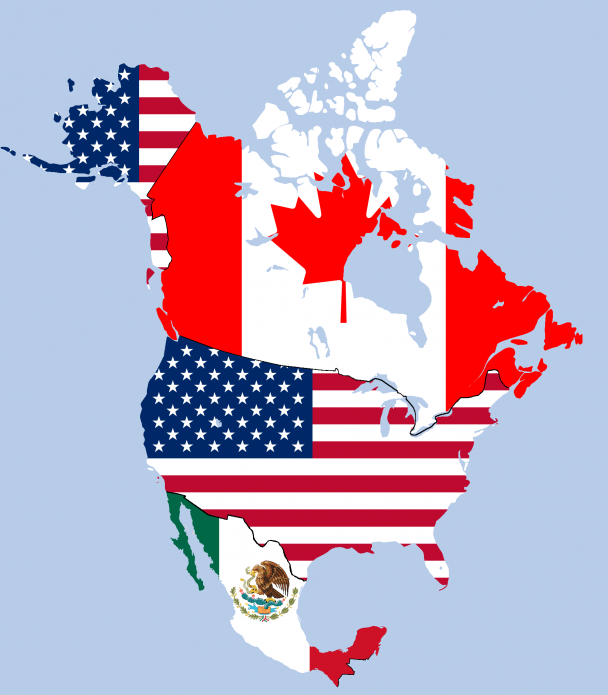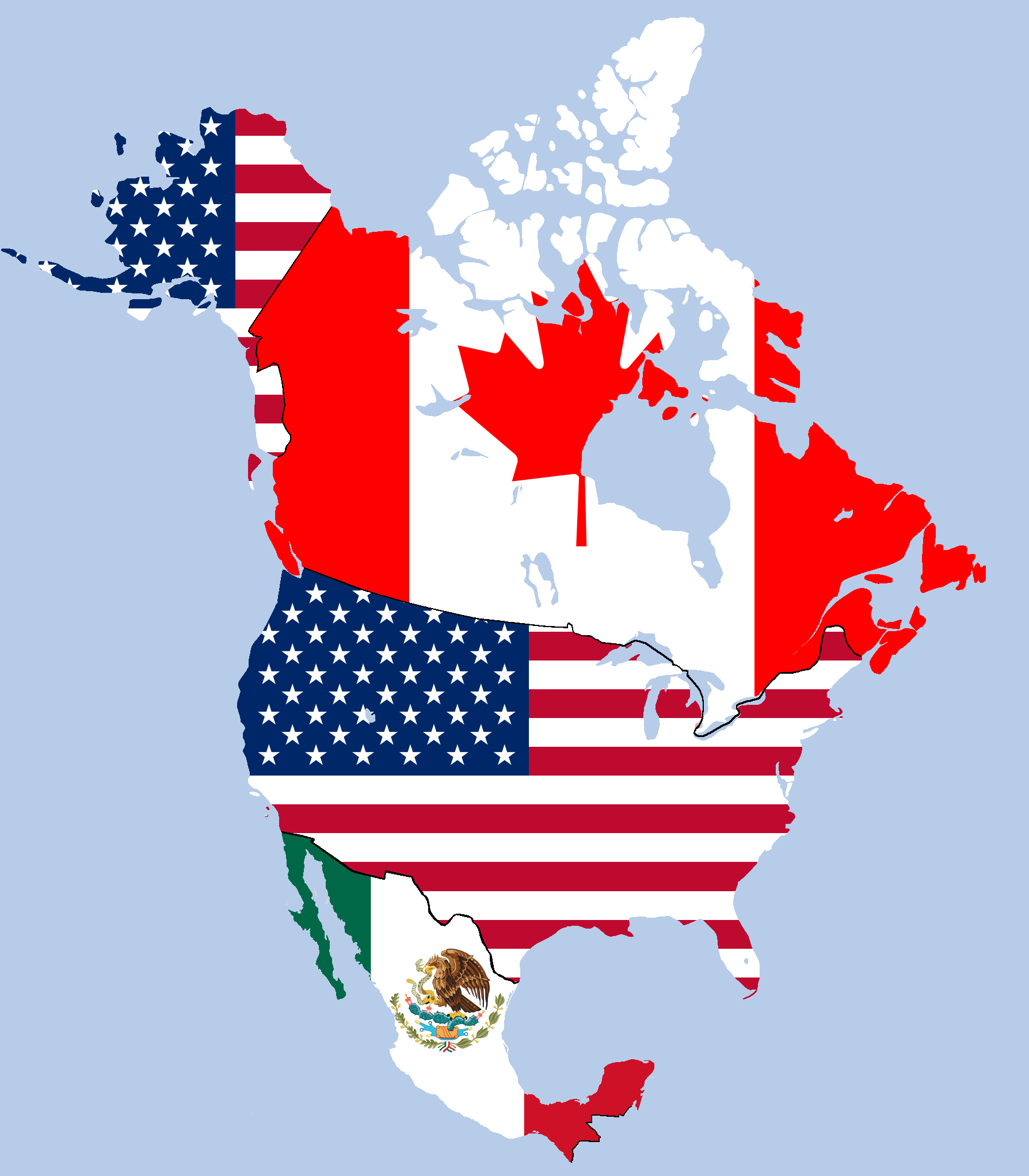
Wikimedia Commons
The U.S. and Mexico have agreed, in principle, to new terms for the North American Free Trade Agreement (NAFTA). The problem is, NAFTA is a trilateral agreement.
Manuel Perez-Rocha, an associate fellow at the Institute for Policy Studies, joined Telesur to discuss the significance of leaving Canada out of NAFTA talks, the rush to finalize negotiations, and how NAFTA affects immigration.
Thus far, details regarding new terms between the U.S and Mexico have been “shrouded in secrecy,” said Perez-Rocha, who expects the deal to negatively impact Mexican workers.
Perez-Rocha emphasized the need to reactivate the depressed Mexican countryside, which has been a driver of migration. But, he expressed concern that the new deal will afford U.S. corporations greater access to Mexican consumers, consequently harming Mexican businesses.
“Most of what the U.S. Trade Representative [has] announced are gains for U.S. corporations and losses for the Mexican people,” said Perez-Rocha.
With new NAFTA terms appearing to heavily favor U.S.-based corporations, president Donald Trump is pressuring Canada to fall in line.
Is the end of NAFTA as we know it looming? According to Perez-Rocha, that depends on “how much Canada is willing to surrender” to Trump’s priorities.
Renegotiating trade policy with our North American neighbors will have a significant impact on the global economy, as well as immigration in the region. So, why does Trump appear to be in such a rush to finalize negotiations?
“The rush to renegotiate [NAFTA] definitely has a… strong electoral component. President Trump wants to close the deal before the midterm elections,” said Perez-Rocha.
While wrapping up NAFTA would be a significant victory for Trump to tout during midterms, another hot-button topic related to NAFTA is immigration.
Although voters don’t always connect these two issues — partially because the media presents them as separate and distinct — trade deals directly impact livelihoods, which impacts immigration.
In fact, Perez-Rocha attributes a sizable portion of the blame for the immigration crisis in North America to failed trade deals heavily geared toward enriching corporations at the expense of citizens.
“After twenty-three years of NAFTA, and twelve or thirteen years of CAFTA (the Central American Free Trade Agreement), the verdict is that the humanitarian crisis that we live today, and we’ve been living for so many years, from Central America to Mexico… is a product of [failed] economic policies, or economic policies that have helped only the rich, only the corporations,” said Perez-Rocha.
